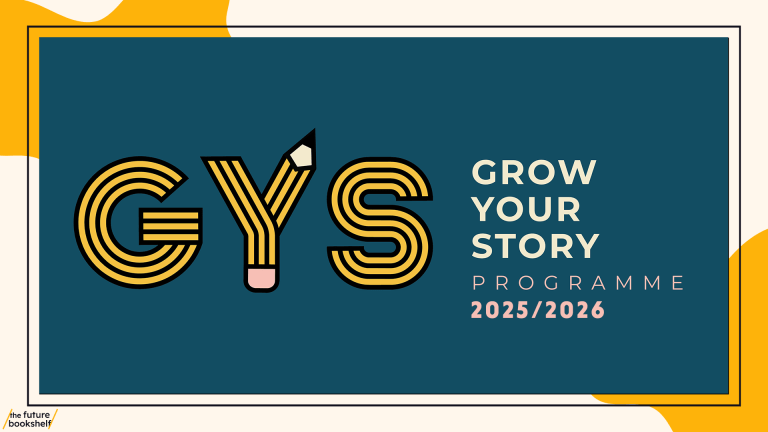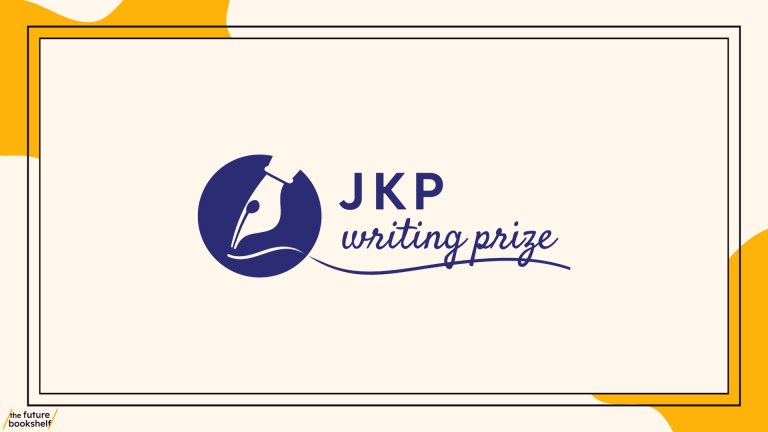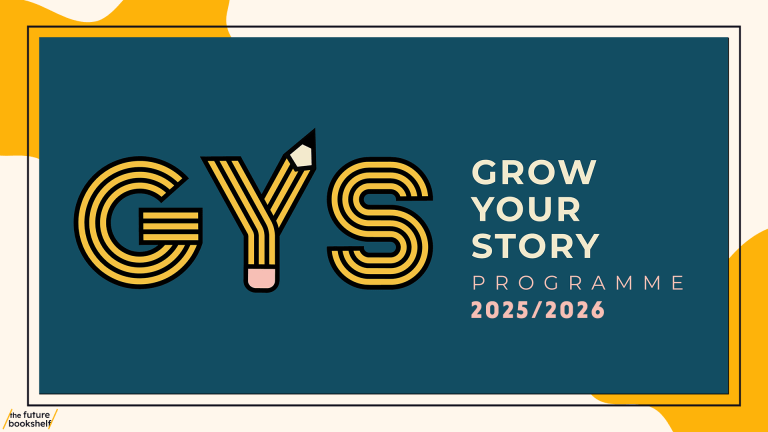Ten Tips for Short Story Writers

By Bret Anthony Johnston, winner of the Sunday Times EFG Short Story Award 2017.
- Give your characters (certainly the main characters, but other ones, too) specific and tangible desires. This is very basic and probably painfully familiar advice, but it’s also invaluable and pretty much infallible. Make your protagonist want a new toaster. Make him want to ask a stranger out on a date. Make her want to catch a train. Whether these desires are satisfied in the story doesn’t matter at all. All that matters is that the character has a goal and at least a sliver of a chance of achieving it.
- Put pressure on the characters and the aforementioned desires. What happens if the character doesn’t get a toaster today? Why couldn’t the toaster have been bought (or borrowed or stolen) yesterday? Of all the strangers in the world, why is this the one he wants to ask on a date? What are the consequences if she misses the train? Is it the last one of the night? What’s waiting on the other end? Figure out the hard facts that surround your character’s desire and you’ll intuit how to exact pressure. And make no mistake: the more pressure, the better the story.
- Give your characters (certainly the main characters, but other ones, too) specific and tangible desires. I know I’ve already argued for this, but it really bears repeating. Think of stories you love. Amy Hempel’s “In the Cemetery Where Al Jolson is Buried”? Flannery O’Connor’s “A Good Man Is Hard to Find”? Jhumpa Lahiri’s “The Interpreter of Maladies”? All of those characters have very simple, very specific, very tangible desires, and those desires compel the reader to pay attention, to invest their emotions, and, most importantly, to turn pages.
- Avoid flashy dialogue tags. No more “exclaimed” or “whined” or “shouted” or “questioned” or “answered” or “intoned” or “cried” or “queried” or “screamed” or “mouthed” or “bemoaned” or “laughed” or “offered” or “joked” or “shot back” or “replied” or “responded” or “prayed” or “lashed out” or “screeched” or “hissed” or “flirted,” or, for the love of all things sacred, “ejaculated.” Let the dialogue and the context of the scene convey the volume and emotion and tone of delivery. (That is, just use said/says or asked/asks.)
- Avoid especially symbolic or theme-y titles. The job of a title isn’t to explain the mystery of the story, but to deepen it.
- Do research. Go to a bookstore or library. Work to bring the world into your stories. Research where (and when) the story takes place, your characters’ hobbies and jobs, those troves of knowledge that only this character has. Gone are the days of just calling a tree, well, a tree. It’s a mulberry or a live oak or persimmon. That black bird that just flew over your character’s head? Find out if it’s a crow or a grackle. Not only does research open up all kinds of unique and uniquely nuanced language, it also fuels the imagination by taking the story into unexpected directions.
- When a story or a character goes in one of those unexpected directions, follow it. Check your ego and intentions and preconceived notions of what the story “was supposed to be (about)” at the door, and let it lead you toward its truest and most rewarding self. This is easier said the done, I know, but trust me. The story must be smarter than the author. It must surprise you. If it doesn’t surprise you, it’s never going to surprise the reader.
- Speaking of trust, one of the best pieces of advice I’ve ever heard comes from Allan Gurganus. He says that when you come to a moment in a story where you have the choice to think or trust your way forward, you should always lean on trust. Don’t try to outsmart the story or the characters, and don’t try to crowbar them back toward the narrative that you have perfectly plotted out in your head. Place your faith in them, in the absolute truth that they know where the story needs to go, and you’re just along for the ride.
- Constantly. Fiction, nonfiction, poetry, and drama. Read books published this year, and books published centuries ago, and everything in between. Read to get lost in story and language and scene and syntax, and read to understand what has been done so that you can decide if you want to conform to or subvert the conventions. Read to apprentice yourself to literature, and read to find another soul on the page.
- Be patient. Most writers, especially emerging writers, are in too much of a rush. They rush to finish a story and publish it, or to give up on it and move on to the next (and deceptively better, easier, more quickly finished and published) idea. Slow down. Odds are that every story you’ve loved was taken through many, many drafts over a long period of time. Of course there are exceptions, but in general writing a great story takes, well, a great amount of time.
One of my favorite lessons about writing has nothing to do with writing at all, but I trot it out in every workshop I teach, remind myself of it every time I feel the urge to hurry. The lesson comes from Teller, the mute half of the magician duo Penn and Teller. Here’s what he says, “Sometimes magic is just someone spending more time on something than anyone else might reasonably expect.”
The same is true for writing. Successful writers spend more time on their work than most people would reasonably expect. Take your story through an extra draft, an extra five. Put it away and then come back to it with fresh eyes, with a new perspective. Work longer than other writers. Outlast them. Be patient. Your characters deserve it, and so do your readers.





